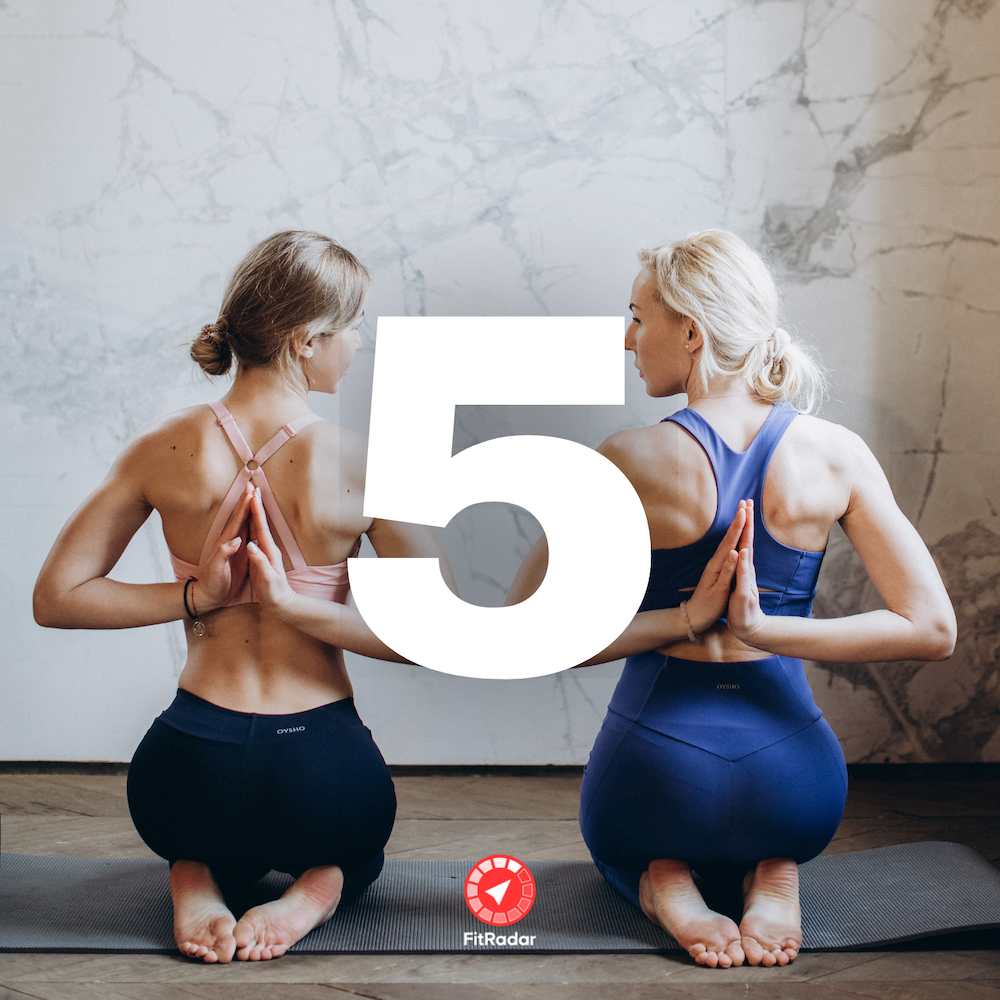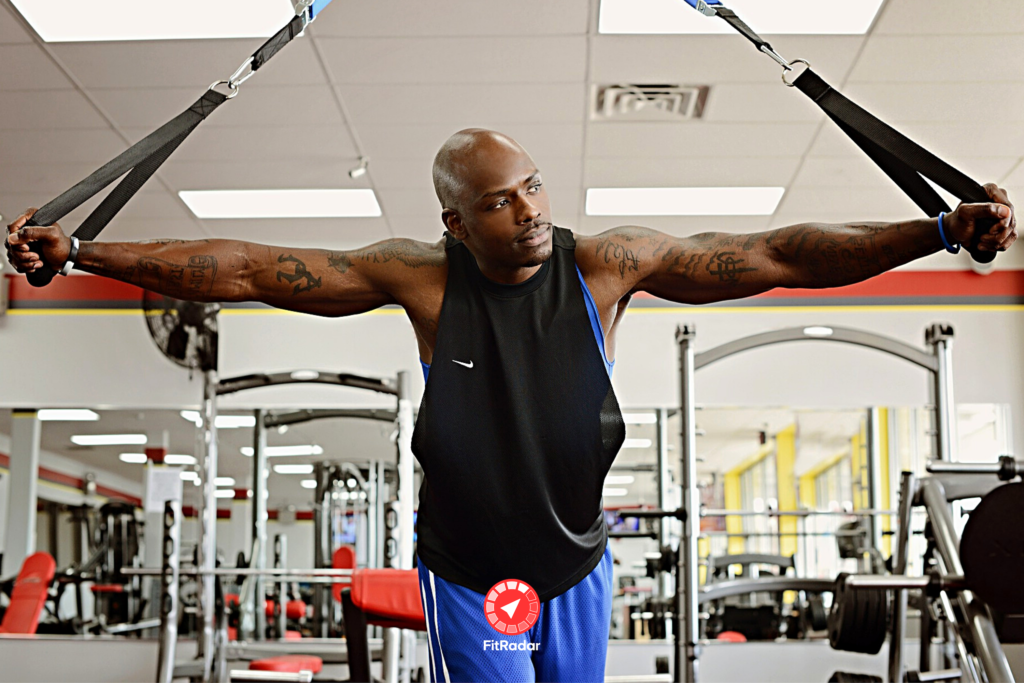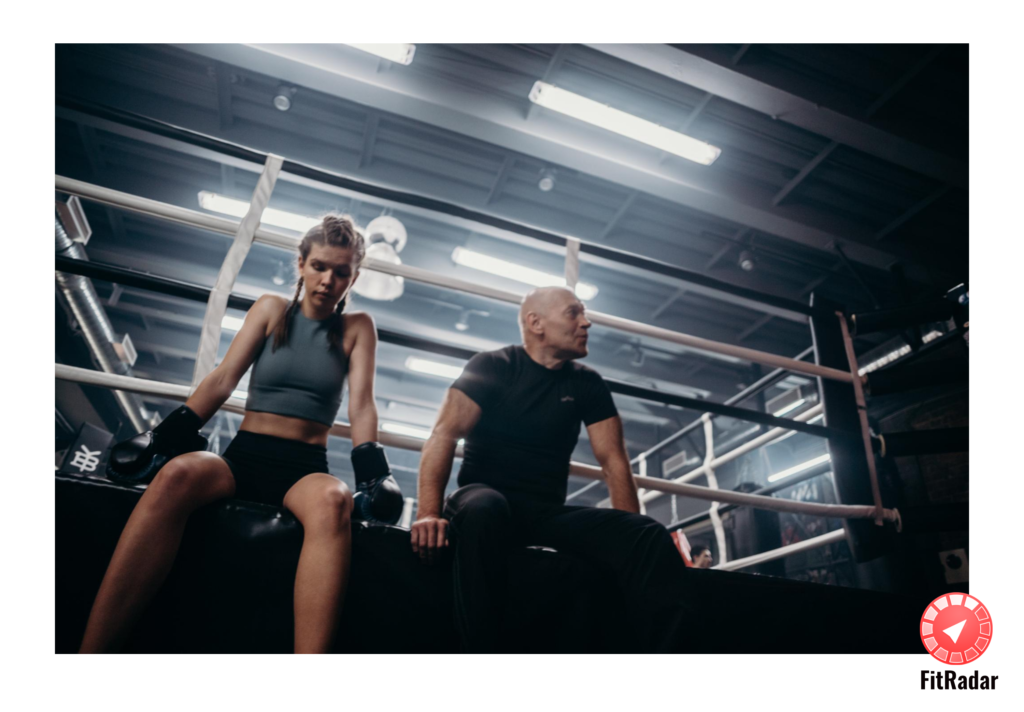
1. YOU DON’T KNOW WHAT TYPE OF WORKOUT WILL HELP YOU REACH YOUR GOALS
Different types of exercise will lead to different types of results. But sometimes it’s tricky to determine what style of workout is right for you.
Maybe you’re trying to lose the baby weight. Maybe you want shredded abs. Maybe you want to slim down without bulking up. Maybe you want to increase overall strength.
Those are all awesome goals, but they require different workouts, diets, and timelines to complete. If you team up with a personal trainer, they can give you knowledgeable advice, personalized recommendations, and a customized plan to get you on the right track towards your goal.
2. YOU SKIP AT LEAST ONE WORKOUT EVERY SINGLE WEEK
We’ve all skipped workouts before. Sometimes it’s because of illness or a family emergency…other times it’s because we stayed up too late watching Netflix.
It’s normal to miss a scheduled workout every once in a while, but if you’ve developed a habit of skipping workouts once (or twice…or three times…) every week, it might be time to bring some extra accountability into your life.
Sometimes, your life circumstances make it difficult to find the time or energy to make it into the gym regularly. You’re dealing with a busy season at work or you have a demanding family life, and you just don’t have a whole lot of willpower left over! And that’s okay.
But if you still want to stay committed to your fitness goals, despite the busyness in your life, a personal trainer can make that happen. They’ll provide the extra support and accountability that you need so that you’ll never have an excuse to skip a workout again.
3. YOU’VE HIT A FITNESS OR WEIGHT LOSS PLATEAU
You’ve been working out consistently, eating clean, seeing great results…and then it happens. You hit a plateau.
Even though you haven’t changed any of your healthy habits, you stop seeing results—and start feeling stuck, frustrated, and discouraged.
If you want to get back on track with your fitness and weight loss goals, a personal trainer can help you identify what caused the plateau and create a customized workout and diet plan that matches your goals. Problem solved!
4. YOU’RE RECOVERING FROM AN INJURY (OR DEALING WITH A HEALTH ISSUE)
You may be at a point in your fitness journey where you’re recovering from an injury, dealing with health complications, or restarting an exercise routine after pregnancy or some other doctor-enforced break.
In any of these situations, it can be difficult to find a safe exercise routine that also promotes weight loss, muscle gain, improved endurance, or any other goals you might have.
A personal trainer can help you find the perfect workout for your needs and abilities, and they also will be there to provide insight, support, and encouragement as you face this uphill climb towards your goals.
5. YOU GIVE UP ON CHALLENGING WORKOUTS (OR DON’T GIVE 100% EFFORT)
Okay, it’s time for honesty hour. How often do you quit your workout before completing that final set of reps? How often do you slow your pace when it starts to get hard? How often do you bail out on the last interval round?
It’s important to listen to your body—we don’t want you to risk injury or overexertion in any way!
P.S. Visit our website: https://www.fitradar.me and join the waiting list. We launch soon. Fitness is closer than you think!
TXT source.



